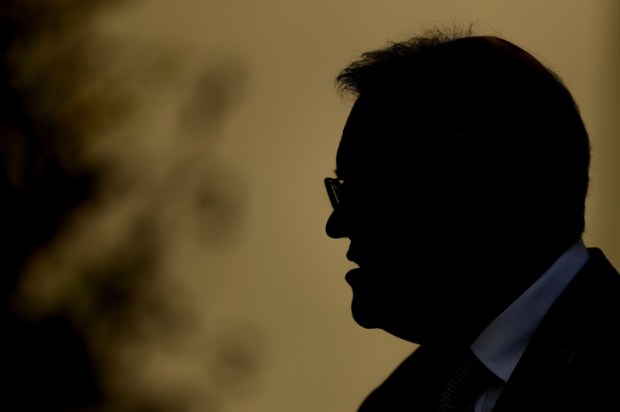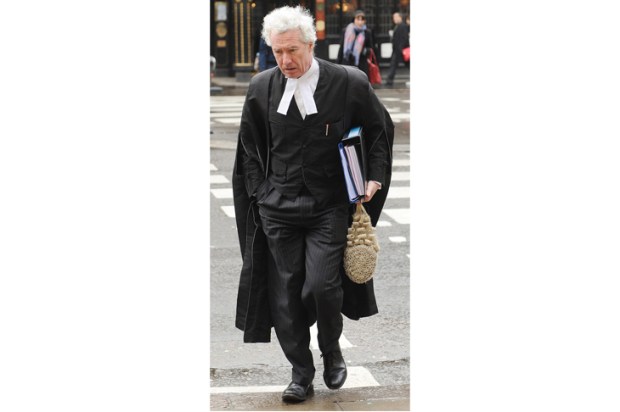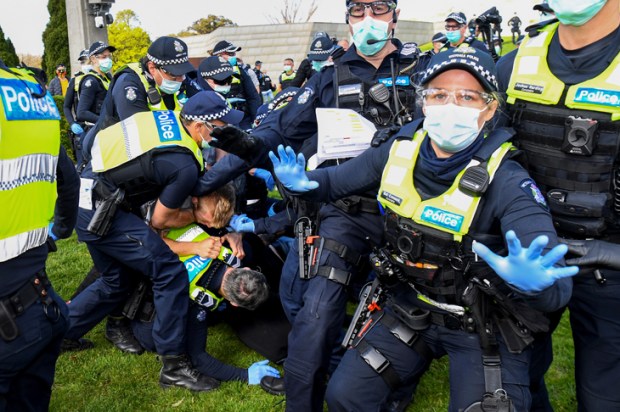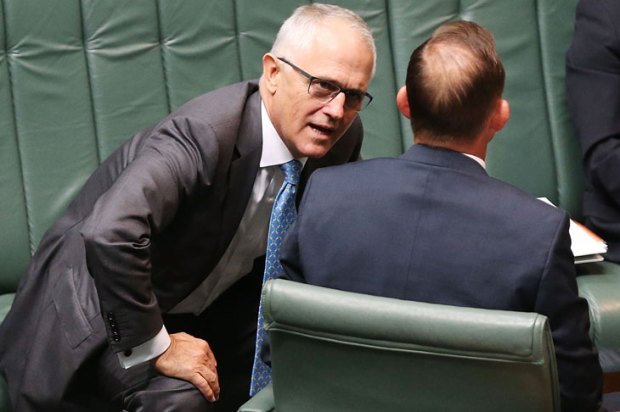Students lacking the basics
I am a law professor at the University of Queensland, a G8 university and one of Australia’s elite handful of universities. My law school takes under 300 students a year and it’s uncontroversial to say that these would-be uni attenders comprise amongst the very best and highest achieving high school students in the entire state of Queensland. Sure, some of this elite high school cohort opts instead to go to medical school, or to a different university law school. But student for student we are as elite as you get.
So why is it that my students, to a person extremely bright, have almost zero grammar skills? And don’t think that’s some sort of rhetorical question. I mean it literally. If Queensland is anything to go by, the English writing skills and grammar knowledge of Australia’s high school students are woeful.
Take something basic like the possessive. Very few of the students I teach have any solid understanding of this. Most just omit the possessive apostrophe always and everywhere. Some use it, true, but wrongly. The plural possessive is understood little better than Latin. And a few make you laugh out loud by doing such things as putting the apostrophe after ‘its’ – a sign that they have some vague idea of the occasional need for a possessive apostrophe but no clue when and where that might be.
From there it pretty much gets worse. You find a sizeable group of these elite students not seeming to grasp that a sentence needs a verb. They haven’t a clue what a gerund or participle might be. It is almost universally assumed by them (and by most politicians for that matter) that one is correct to say ‘between you and I’. Only one in a hundred could even begin to try to parse a sentence chosen at random. None of this is difficult of course. But you need to be taught it. You can’t pick it up by osmosis. Four plus decades ago in my little Toronto state primary school (which was nothing special) we knew all of this by about grade 5 or 6. Everyone in the class knew it. Yep, it was boring as all get out to learn, but boy was it a wonderful life skill.
Alas, the vast preponderance of the elite students I see have clearly never been taught any of this. Their knowledge of pronouns doesn’t appear to extend beyond the vague idea that they can pick the one with which they wish to identify. But as for what a pronoun is in any grammatical sense, well, forget about it.
Want to know why we rank below Kazakhstan in terms of basic educational attainment? The answer that suggests itself to me is that our schools don’t teach the boring basics. They don’t force all students to obtain a working knowledge of the fundamentals of the English language, the sort of knowledge that can open doors for someone anywhere.
And if you put aside English grammar, and indeed the related sort of points about avoiding run-on sentences and limiting the use of the passive voice and the like, there is also a horrible lack of knowledge of the great works of the Western canon.
A couple of months ago, in class, I asked my final year law students – those very elite ones I told you about above – who had read a Dickens’ novel, any one of them? I wanted to make a reference to Bleak House. Of more than 200 students only 15 or so put up a hand to indicate they’d read any Dickens’ novel at all. Jane Austen fared little better.
In high school here most students barely read two or three Shakespeare plays throughout the entirety of their pre-university education. That is simply pathetic. In Canada most provinces still have high school students reading a couple of plays a year, for four years. And many American jurisdictions cover more than that. Here in Australia our politicians are hopeless, mired in arguments about who can virtue-signal his or her or (fill in the pronoun of choice) politically correct credentials when it comes to Safe Schools rather than trying maybe to lift standards to the point we can overtake Kazakhstan and other fourth tier nations.
Then there are other things I used to take for granted. Try referring to ‘the Good Samaritan’ in class. Most students look at you as though you’re from Mars.
To find a common reference I can still get away with references to The Beatles, and on a good day to Mr Darcy (thank you to the BBC TV adaptation), but forget anything from the Bible. Yeh, yeh, yeh I hear some ABC presenter interject. This is a secular country. Well, yes it is. And for what it’s worth I am a longtime atheist. But I have still read the Bible (King James version, obviously, as this is the way God would speak if He were to exist). It took me a whole year to do so on the back and forth commutes during my first year as a lawyer in 1980s Toronto on my way to my job at a big 200- lawyer downtown law firm. (For what it’s worth, if you ever need a seat on a busy commuter subway or train, let me recommend that you just pull out the Bible and start to read. The waters will part, the masses will shun you like the plague, and presto you’ll have a seat.)
To sum up, I don’t think this country does much of a job educating young people on the basics of writing, grammar and even rudimentary maths skills. We also don’t expose them to the best of Western culture, the great books of the past. Of course it’s obvious with the way the proposed Ramsay Centre has been treated that one reason for that is that so many of Australia’s elites have a deep-seated dislike (verging on hatred) of their own Western culture. This is the culture that was the first in the world to end slavery; the one that gave the world jet airplanes, antibiotics and the most freedom and autonomy for women in human history; the one that gave us the wonders of Shakespeare, Dante, Dickens, Austen, Hume, Smith and the list goes on.
But hey, for all of that time we’ve imposed a binary pronoun system on people. The horror!
Got something to add? Join the discussion and comment below.
Get 10 issues for just $10
Subscribe to The Spectator Australia today for the next 10 magazine issues, plus full online access, for just $10.
You might disagree with half of it, but you’ll enjoy reading all of it. Try your first month for free, then just $2 a week for the remainder of your first year.














Comments
Don't miss out
Join the conversation with other Spectator Australia readers. Subscribe to leave a comment.
SUBSCRIBEAlready a subscriber? Log in